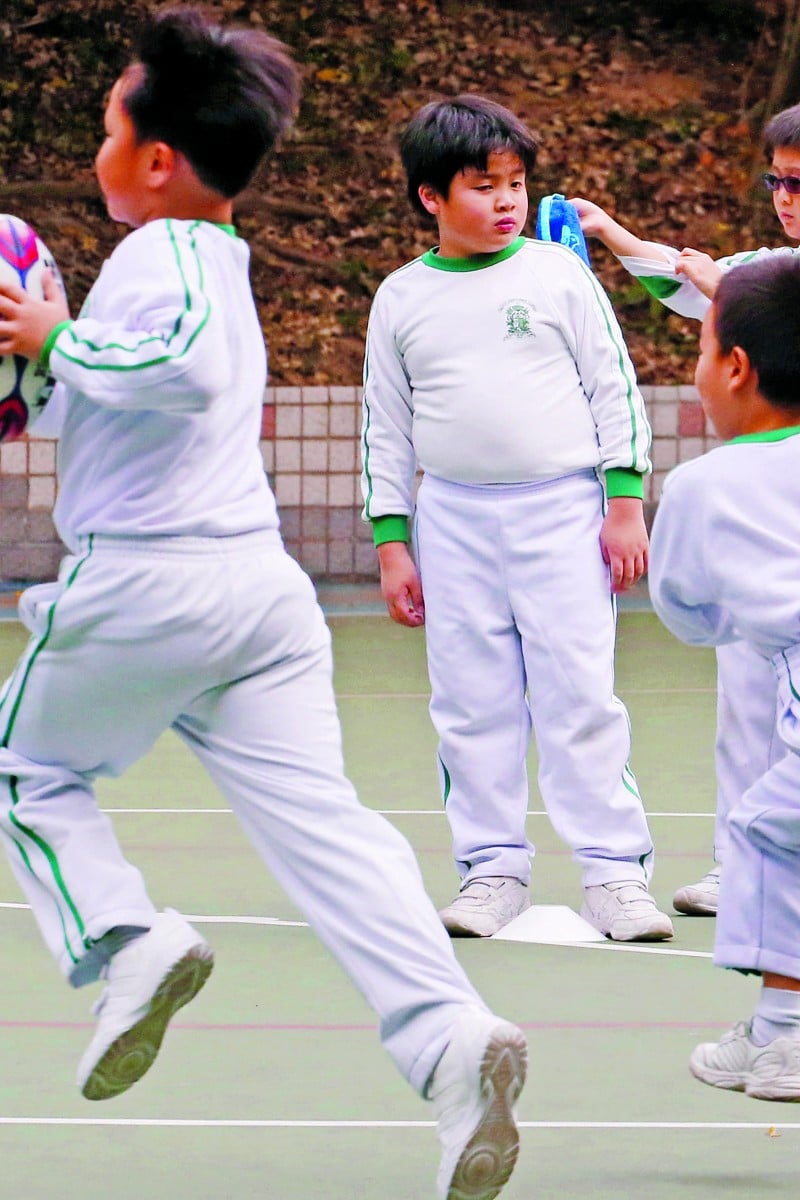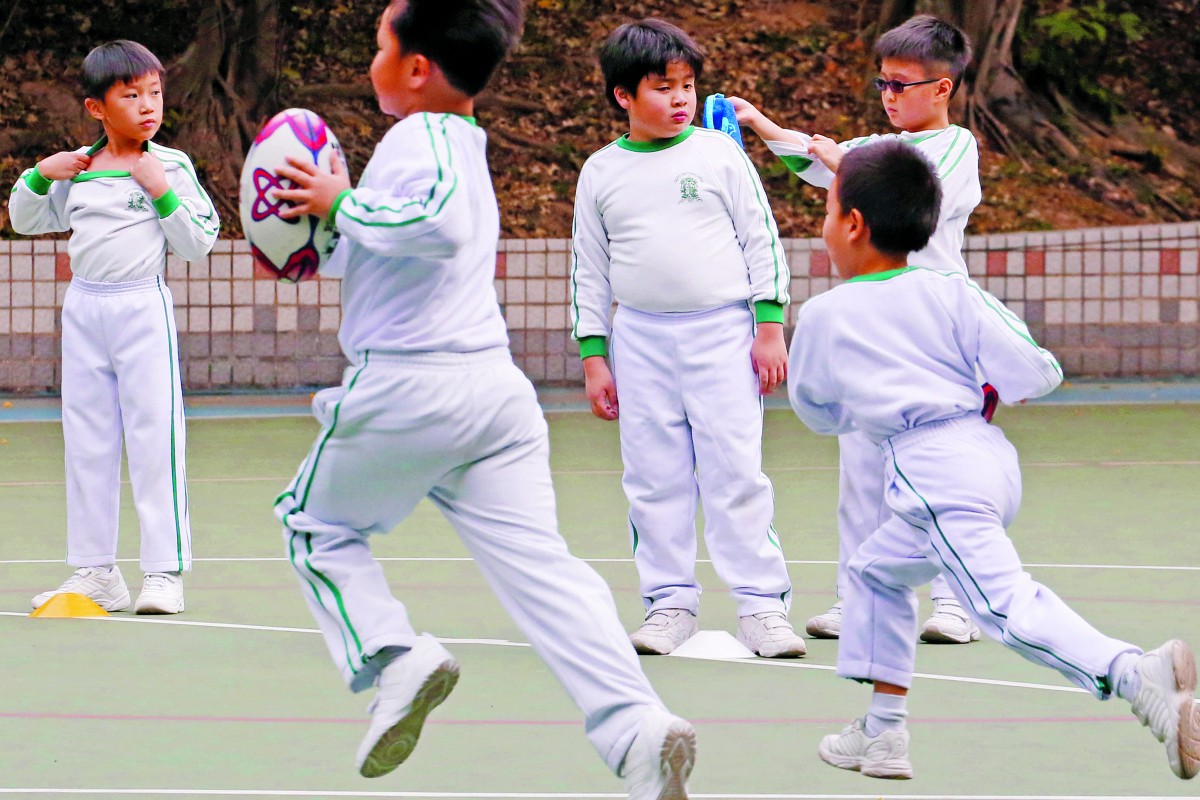
Welcome to Hong Kong, where prisoners get more exercise time than students do
 Students get about 295 minutes of exercise time each week. Prisoners get 300.
Students get about 295 minutes of exercise time each week. Prisoners get 300.Prison inmates in Hong Kong get more outdoor exercise time than primary and secondary school students, says a University of Hong Kong researcher.
Studies show that sport and physical activity is important for mental well-being, but they are not given enough importance in schools, said Dr Robin Mellecker of HKU’s Institute of Human Performance.
“Prison inmates get more outdoor time than school kids,” she said, explaining that exercise releases “happy hormones” that are good for students’ mental wellness, and help them learn.
The World Health Organisation and Centres for Disease Control and Prevention call for children aged five to 17 to do “at least 60 minutes of moderate-to vigorous-intensity physical activity daily”.
Schools across Hong Kong vary, but many offer only two 35-minute sessions of physical education a week. Together with 20 minutes of recess and 25 minutes of playtime after lunch, many schoolchildren have a chance to do 295 minutes of exercise and activity in a five-day school week.
Laura Chan of Correctional Services said prison inmates in Hong Kong get 60 minutes every day to exercise outdoors. In five days, they get 300 minutes of outdoor time.
The difference is not significant, but Dr Mellecker said the comparison highlighted how much the focus for students is on academics and sitting down for classes.
She added that research has shown that “taking part in sports increases self-esteem and coping mechanisms”. The emotional resilience fostered through sports helps develop an ability to deal with stressful situations.
According to Mellecker’s research, children aged five were spending an average of four hours in studying and tutorials after school.
“Parents tend to think sport distracts from studying academics,” said Mellecker, who also noted that during exercise, the brain releases serotonin and dopamine, both of which boost learning.
“Adding activity in the classroom in most schools comes with some resistance from educators,” she said. “But a change to help children is much needed to ensure the children of Hong Kong grow up physically and mentally healthy.”
Hong Kong’s educators agree. Allan Fraser, physical education teacher at Yew Chung International School-Secondary, says physical activity is essential – especially at a young age. “We encourage students to take up sports and exercise to prolong a healthy lifestyle though university and adulthood to follow,” he says. “Benefits beyond fitness also include team spirit and social interaction.”
Principal of South Island School, Graham Silverthorne says it’s a crucial issue that schools in Hong Kong should not be dismissing. “We cannot consider our minds and our bodies as two separate and unrelated neighbours,” he says. “How we think is decided in quite a large part by how we feel ... in the end, we are all only as good as our bodies allow us to be.”